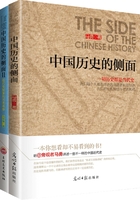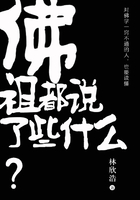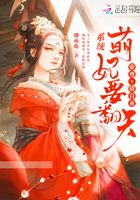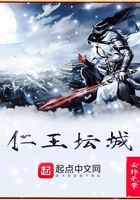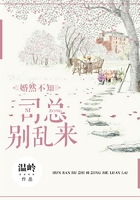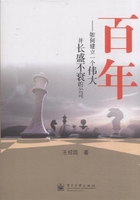Thus in some parts of Lusatia women alone are concerned in carrying out Death, and suffer no male to meddle with it. Attired in mourning, which they wear the whole day, they make a puppet of straw, clothe it in a white shirt, and give it a broom in one hand and a scythe in the other. Singing songs and pursued by urchins throwing stones, they carry the puppet to the village boundary, where they tear it in pieces. Then they cut down a fine tree, hang the shirt on it, and carry it home singing. On the Feast of Ascension the Saxons of Braller, a village of Transylvania, not far from Hermannstadt, observe the ceremony of Carrying out Death in the following manner. After morning service all the school-girls repair to the house of one of their number, and there dress up the Death. This is done by tying a threshed-out sheaf of corn into a rough semblance of a head and body, while the arms are simulated by a broomstick thrust through it horizontally. The figure is dressed in the holiday attire of a young peasant woman, with a red hood, silver brooches, and a profusion of ribbons at the arms and breast. The girls bustle at their work, for soon the bells will be ringing to vespers, and the Death must be ready in time to be placed at the open window, that all the people may see it on their way to church. When vespers are over, the longed-for moment has come for the first procession with the Death to begin; it is a privilege that belongs to the school-girls alone. Two of the older girls seize the figure by the arms and walk in front: all the rest follow two and two. Boys may take no part in the procession, but they troop after it gazing with open-mouthed admiration at the beautiful Death. So the procession goes through all the streets of the village, the girls singing the old hymn that begins Gott mein Vater, deine Liebe Reicht so weit der Himmel ist, to a tune that differs from the ordinary one. When the procession has wound its way through every street, the girls go to another house, and having shut the door against the eager prying crowd of boys who follow at their heels, they strip the Death and pass the naked truss of straw out of the window to the boys, who pounce on it, run out of the village with it without singing, and fling the dilapidated effigy into the neighbouring brook. This done, the second scene of the little drama begins. While the boys were carrying away the Death out of the village, the girls remained in the house, and one of them is now dressed in all the finery which had been worn by the effigy. Thus arrayed she is led in procession through all the streets to the singing of the same hymn as before. When the procession is over they all betake themselves to the house of the girl who played the leading part. Here a feast awaits them from which also the boys are excluded. It is a popular belief that the children may safely begin to eat gooseberries and other fruit after the day on which Death has thus been carried out; for Death, which up to that time lurked especially in gooseberries, is now destroyed. Further, they may now bathe with impunity out of doors. Very similar is the ceremony which, down to recent years, was observed in some of the German villages of Moravia. Boys and girls met on the afternoon of the first Sunday after Easter, and together fashioned a puppet of straw to represent Death. Decked with bright-coloured ribbons and cloths, and fastened to the top of a long pole, the effigy was then borne with singing and clamour to the nearest height, where it was stript of its gay attire and thrown or rolled down the slope. One of the girls was next dressed in the gauds taken from the effigy of Death, and with her at its head the procession moved back to the village. In some villages the practice is to bury the effigy in the place that has the most evil reputation of all the country-side: others throw it into running water.
In the Lusatian ceremony described above, the tree which is brought home after the destruction of the figure of Death is plainly equivalent to the trees or branches which, in the preceding customs, were brought back as representatives of Summer or Life, after Death had been thrown away or destroyed. But the transference of the shirt worn by the effigy of Death to the tree clearly indicates that the tree is a kind of revivification, in a new form, of the destroyed effigy. This comes out also in the Transylvanian and Moravian customs: the dressing of a girl in the clothes worn by the Death, and the leading her about the village to the same song which had been sung when the Death was being carried about, show that she is intended to be a kind of resuscitation of the being whose effigy has just been destroyed. These examples therefore suggest that the Death whose demolition is represented in these ceremonies cannot be regarded as the purely destructive agent which we understand by Death. If the tree which is brought back as an embodiment of the reviving vegetation of spring is clothed in the shirt worn by the Death which has just been destroyed, the object certainly cannot be to check and counteract the revival of vegetation: it can only be to foster and promote it.




